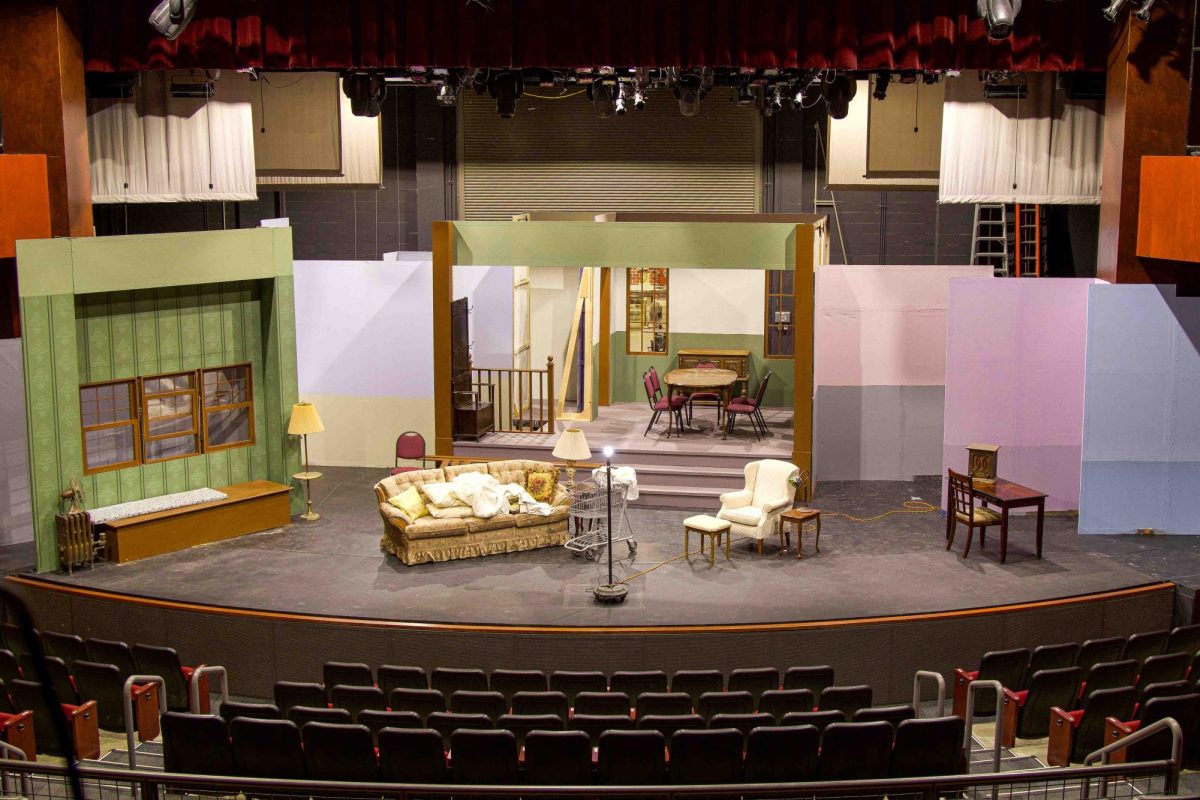The Academic Senate recently adopted the Policy on Academic Freedom reiterating principles of academic freedom and extending the right to free speech to electronic communication.
The senate unanimously adopted the policy, still pending approval of the Board of Trustees, in September. It is based on the college’s Faculty Freedom of Expression Policy of 1987, the statute of American Association of University Professors and academic freedom policies of other colleges.
“In reality, I don’t think there are any implications or any changes,” said Tom Garey, academic senator for the Fine Arts Division. “We have codified what we were already doing.”
The senate’s policy was in response to some issues that came up in 2001 regarding the use of electronic communication, and whether it was covered by the 1987 policy, said Garey. It is not the same as the University of California policy on academic freedom in September allowing instructors to voice controversial opinions in class, a reversal of 1934 decision requiring UC instructors to be neutral.
Under the Faculty Freedom of Expression Policy, City College instructors were already entitled to freedom of expression in class provided it did not impede coursework.
It was the closest we had to an academic freedom policy, Garey said.
The senate’s discussion on electronic communication led to the adoption of the policy of academic freedom and extension of freedom of expression to electronic communication, said Kathy Molloy, chair of the Academic Policies Committee.
The senate recognized the differences between oral and print communication and electronic communication. According to its policy, the differences do not require changing status quo and freedom of speech will cover electronic communication unless “unique conditions of the new media warrant different treatment.”
The senate did not want to duplicate the host of methods addressing grievances already available, said Garey. It urged teachers to distinguish between knowledge and belief, embodying the notion of academic responsibility, he added.
Mathematics professor Elizabeth Hodes said it’s not appropriate for instructors to inflict personal beliefs on students who are at the short end of an unequal power relation in the classroom. Instructors should not abuse their power in class even if they believe in something strongly, she added.
While the Academic Freedom Policy is connected to the First Amendment’s right to free speech, it has no legal standing, said Hodes, member of the Academic Freedom and Tenure Committee.
Faculty exercise control as a single body over academic freedom by a mechanism of peer review.
Policy lets teachers speak out
Mangai Pitchai
October 22, 2003
Story continues below advertisement
More to Discover







